The more time I spend reading and watching what is happening in San Francisco (and other blue cities on the west coast) the more I wonder if there isn’t some kind of self-destructive impulse at work. Because it’s not just that the city has problems. Every city everywhere has problems. What’s special about places like San Francisco is that there’s a large faction of people who seemed determined to make sure nothing is done to improve the situation.
Case in point, last week the SF Chronicle published the results of a huge investigation into the open-air drug markets that operate throughout the city. The gist of the story, which I wrote about here, is that Mexican cartels make drugs using Chinese ingredients then send them up the coast in safe houses to San Francisco where a network of hundreds of mostly Honduran illegal immigrants sell the drugs. The Hondos, as they are called, who dominate the trade mostly live in apartments in Oakland and take BART trains to work in neighborhoods like the Tenderloin. Many of them grew up together in a single valley in Honduras where successful dealers are now building mansions using their ill-gotten gains.
Lately, DA Brooke Jenkins, Mayor London Breed and others have been attempting to crack down on the drug dealers and even arresting some buyers. One interesting discovery that came from this was that 95% of the buyers police arrested were from out of town. In other words, these drug markets aren’t primarily serving local addicts. Thanks to its lax policies, San Francisco has become a destination for drug tourism.
All of this might suggest to a reasonable person that it’s time to make things a little tougher on the dealers. But yesterday the Chronicle’s editorial board published a story titled “Deporting Honduran dealers won’t solve S.F.’s drug crisis.”
From this Editorial Board’s reading of the series, it is clear that Honduran migrants who deal drugs aren’t the source of San Francisco’s problems. Rather, while escaping a life of poverty and violence at home, they are the latest group to capitalize on the city’s decades-long failure to develop comprehensive strategies to alleviate the misery on our own streets.
It is because of that failure that there can be no arresting, deporting or strong-arming our way out of the city’s mess.
In other words, don’t blame the poor Hondos. It’s not their fault and punishing them won’t accomplish anything. As I said before, this seems self-destructive.
Contrary to the editorial board’s claims, the investigation by their own paper seemed to suggest that San Francisco’s lax approach to enforcing the law is a big part of the problem. This comes from an article about the Honduran valley where most of these dealers grew up. The dealers themselves say SF is the place to go because of the sanctuary city policies:
San Francisco’s status as a sanctuary city makes it more attractive to the Honduran dealers, some of them said, because it means a lower risk of lengthy jail time and deportation if convicted. Under the central tenet of the sanctuary law, the city jail does not allow ICE to place holds on local prisoners so they can be picked up upon release and deported. The only way most dealers face deportation is if they are arrested on federal charges or in another city.
Elected leaders across California regard sanctuary policies as a boon to public safety, saying cities benefit when residents — regardless of their immigration status — feel safe to report crimes and enroll their children in school…
Honduran drug dealers operate in a handful of other large Western cities, some of which have adopted sanctuary city policies.
But one Honduran dealer said many choose to work in San Francisco because they’re less likely to be deported. Another dealer interviewed in El Pedernal echoed this sentiment, estimating that half of the dealers from the municipality sell in San Francisco.
“The reason is because, in San Francisco, it’s like you’re here in Honduras,” he said. “The law, because they don’t deport, that’s the problem. … Many look for San Francisco because it’s a sanctuary city. You go to jail and you come out.”
And the story goes on to demonstrate that the drug dealers are right. Currently there are just under 1,000 drug dealing arrests made per year. But most of those arrested face no consequences:
Almost all of the alleged dealers are released on their own recognizance before trial, which means they do not have to post bond but may be required to check in regularly with a case manager. Some get assigned to diversion programs or have charges dismissed, while others plead guilty to lesser, non-drug charges. The rest either go on trial or skip court proceedings and have warrants issued for their arrest.
Six percent of people charged with drug-sale crimes in San Francisco from 2018 to 2022 have so far been convicted on a drug charge.
There are hundreds, maybe thousands of drug deals taking place every day and the city arrests fewer than three dealers per day. Of those arrested 6% get convicted of a drug charge and the rest get their charges dropped or pleaded down. In short, the chances of getting busted and facing any real consequences in San Francisco are close enough to zero that it’s not worth worrying about. Even if a case somehow makes it to court, the chances of a conviction aren’t good thanks to the same view of Hondos being offered by the Chronicle’s editorial board, i.e. they are poor victims.
Of the 25 dealers interviewed, most said they were not trafficked or were unaware of anyone being forced to sell drugs.
Public defenders have begun arguing in court that Honduran migrants facing drug charges should be viewed as trafficking victims and therefore found not guilty. California defines human trafficking as a crime that involves compelling or coercing a person to provide labor or services.
The trafficking defense has been asserted in three cases, which involved people who were not interviewed for this story. Each resulted in a hung jury. None of the cases will be retried.
The Hondurans who are choosing to become drug dealers are not innocent victims. They are capitalizing on human misery and should be deported upon their first arrest. But good luck making that happen in San Francisco.
Would that solve the city’s drug crisis? Of course not but taking action that discourages dealers instead of encourages them should make some marginal difference over time. One member of the SF Board of Supervisors tried to point out that the idea that the negativity is part of the problem.
And that brings us to the Panacea Fallacy — if a response won’t wholly solve a problem, it’s wrong — whose absurdity can be glimpsed by substituting terms in this headline:
👉 “[Appropriate response] won’t solve [problem]. The Chronicle’s investigation shows why.” (3/21)— Matt Dorsey (@mattdorsey) July 17, 2023
To my mind, it’s the most exasperating crutch in opinion journalism. And in today’s example, it falls far short of the Pulitzer-worthy standard for *enterprise* journalism that the @SFChronicle’s @meganrcassidy and @gabriellelurie set last week. (5/21)
https://t.co/ApzobAspTo— Matt Dorsey (@mattdorsey) July 17, 2023
Dorsey then offers a long list of similar articles published by the Chronicle:
👉 “Curfew idea WON’T SOLVE the problem,” San Francisco Chronicle, September 28, 2013
👉 “Power bill hike WON’T SOLVE mess,” San Francisco Chronicle, May 11, 2001
(18/21)
— Matt Dorsey (@mattdorsey) July 17, 2023
We should identify incentives to engage in deadly drug trafficking, and make them disincentives. We should identify incentives for drug tourism in San Francisco, and make those disincentives. We should identify disincentives to drug recovery, and make those incentives. (20/21)
— Matt Dorsey (@mattdorsey) July 17, 2023
He’s on to something here. Arresting, charging and deporting Hondos won’t solve the city’s drug problem but it will provide marginal improvement by making the city less appealing to the dealers. The truth is there is no final solution to the drug problem. So long as there are damaged people who want to put themselves to sleep on the streets with fentanyl the problem will persist. But San Francisco doesn’t have to welcome it or make itself the home for everyone with a drug problem in the entire region. Instead of throwing up its hands, the city could try to discourage bad behavior.
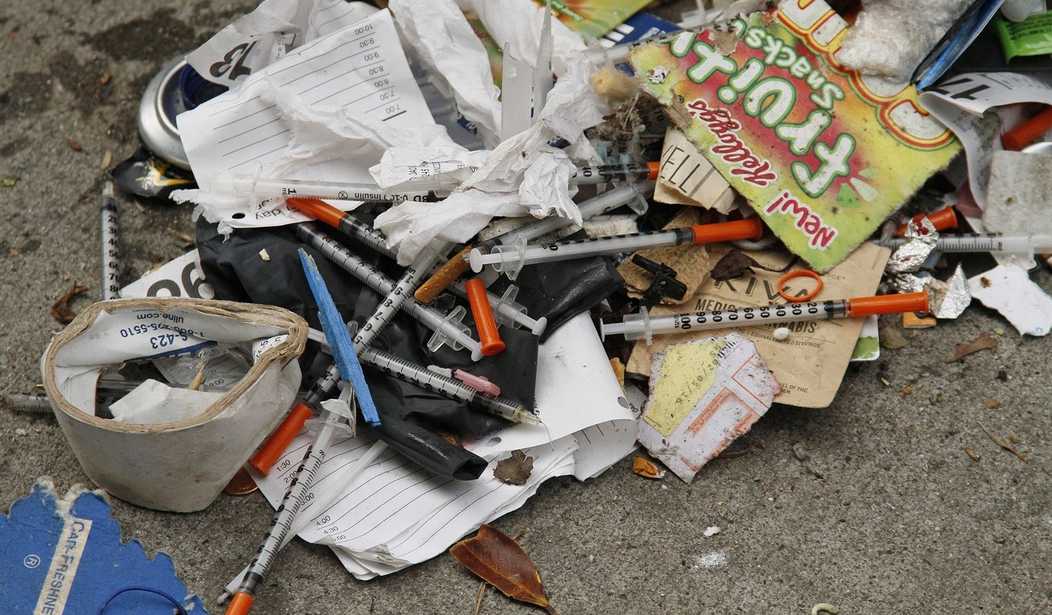
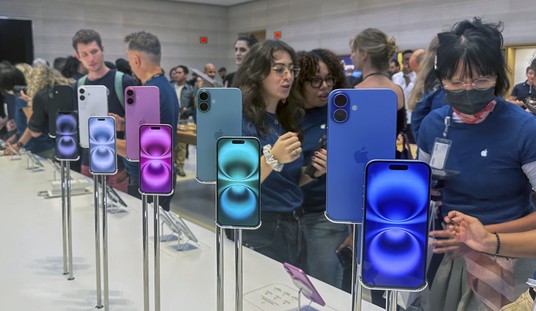
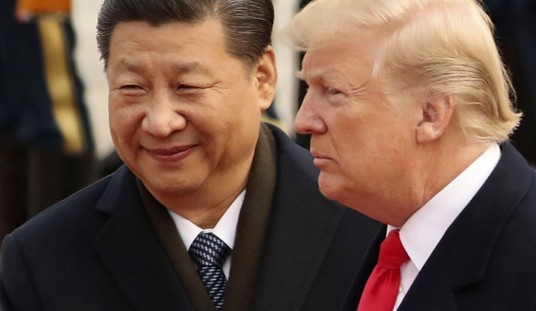

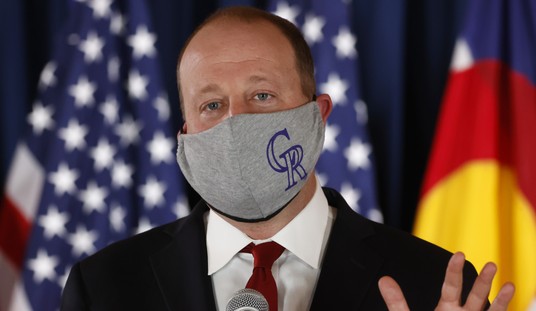

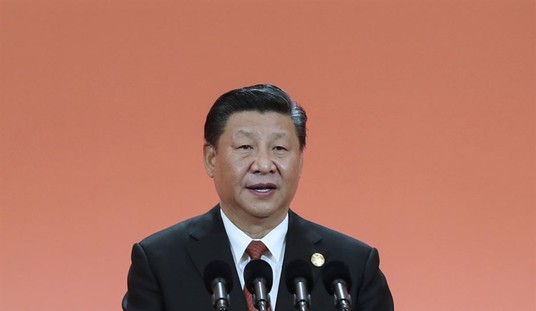

Join the conversation as a VIP Member